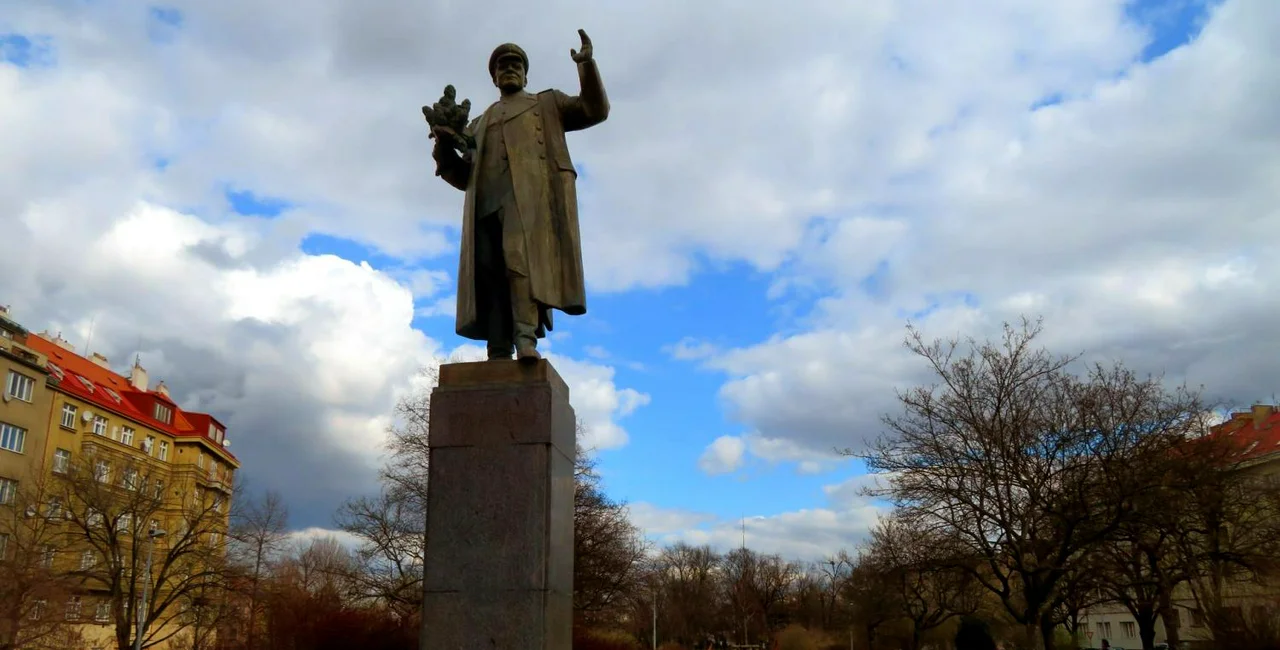Prague, May 4 (CTK) – Three Prague municipal politicians are under police protection over a possible threat from Russia and their steps logically must make Russian authorities angry, which was one of the reasons why they were made, Josef Koukal writes in daily Pravo today.
Prague Mayor Zdeněk Hřib (Pirates) renamed the city square in which the Russian embassy is seated after Vladimir Putin’s critic and opposition politician Boris Nemtsov, Prague District 6 Mayor Ondřej Kolář (TOP 09) removed a statue of Soviet Marshall Ivan Konev, and Prague-Reporyje Mayor Pavel Novotný (Civic Democrats, ODS) installed a memorial to fallen soldiers of the Russian Liberation Army (ROA).
Their steps provoked a Russian reaction.
Czech diplomatic relations with the Russian superpower are not easy, but after the Soviet troops left the country in 1991 they were acceptable in both the business and the political spheres.
The three above mentioned Prague steps are at least diplomatically insensitive and the three municipal politicians probably took them with regard to the local political scene. Czech Foreign Minister Tomáš Petříček has no instruments to influence these steps.
The official reaction of Russia is exaggerated.
Koukal says he does not believe that a Russian secret agent with poison arrived in Prague, but even the statement that Russian authorities might prosecute Czech citizens on Czech territory is too much.
The reaction of the Czech government is reserved and it is too early to panic unless Czech security forces confirm the Russian threat. However, the expulsion of several diplomats is a traditional way to show disagreement on the level of sovereign states, Koukal writes.
The Czech public was told that a Russian diplomat with poison arrived in Prague and Russian authorities declared that they did not send any such diplomat, and only one of these versions may be true, Jan Keller writes elsewhere in Pravo.
Foreign Minister Petříček said he considers the Russian protest the challenging of the freedom of speech and he said he hoped that the whole thing would end with this. In this way, he in fact opened a serious problem.
Czech and EU authorities have been resolutely fighting the spread of fake news and Czech representative in the European Commission, Věra Jourová is in charge of the fake news agenda.
If the news about the arrival of a Russian agent with poison is true, the public should receive information on his detention and know whether he was already expelled or otherwise punished.
But there is also the possibility that this is a typical example of fake news. In such a case, Petříček, Jourová and Czech authorities in general should take adequate action, Keller writes.












 Reading time: 2 minutes
Reading time: 2 minutes 

























